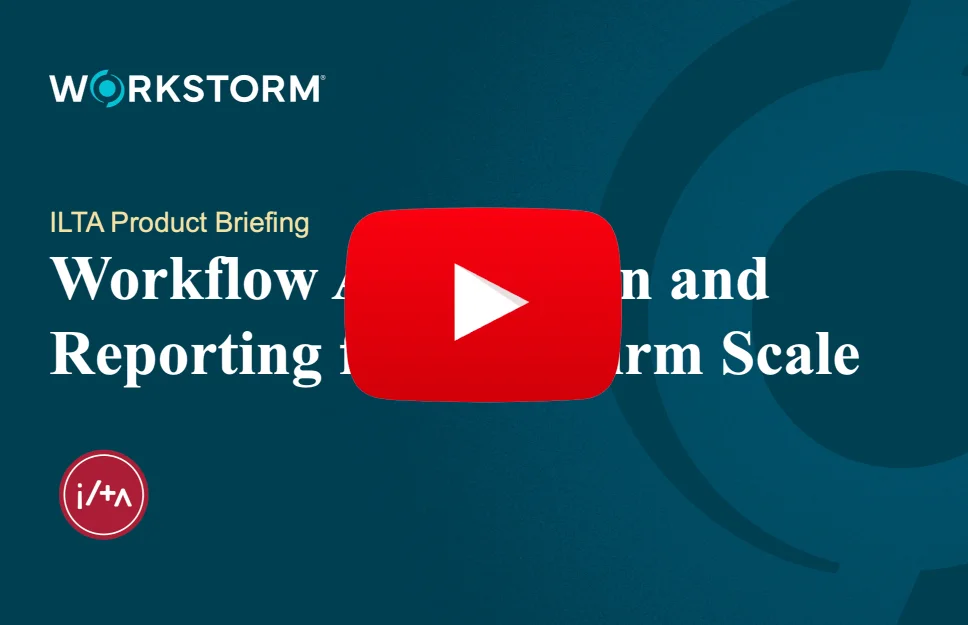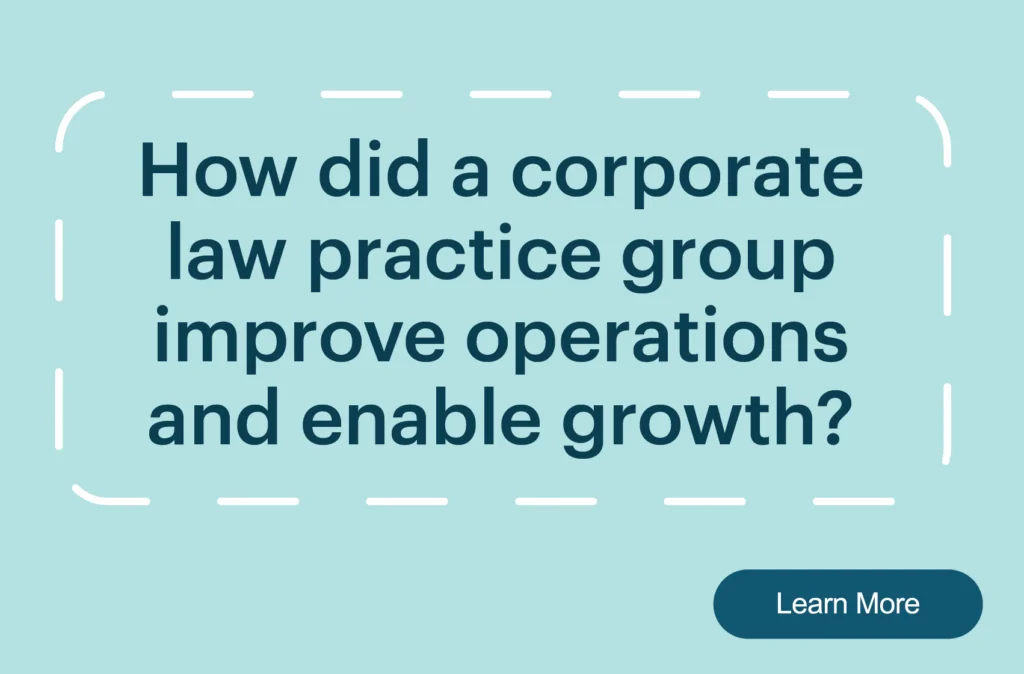Online collaboration is now a critical function for all companies, including those who work in the office, those who have adopted hybrid arrangements, and those who operate fully remote. The ability for teams to collaborate, communicate, and share information online continues to drive productivity gains and support efficient work processes.
While Covid pushed all organizations to adopt some form of online collaboration, there’s a growing concern and remaining need for refining privacy policies, enforcing information governance standards, and protecting sensitive information. Privacy fosters trust and trust is essential for building strong relationships with customers and clients.
Collaboration platforms must provide protection for sensitive and confidential conversations with built-in guardrails for privacy. This article outlines key components to consider when evaluating your online collaboration platform.
Core Functionality
Messaging
Real-time messaging capabilities play a foundational role in facilitating communication and discussions among team members. As phishing continues to be a major risk of email, migrating conversations from inbox to channel reduces the risk from outside threats. Moving to secure channels also eliminates scattered email threads and enables quick decision-making, clarifications, and team interactions. Secure messaging promotes a collaborative environment and enhances responsiveness across distributed teams, regardless of their physical location.
Document Management
Central to the functionality of online collaboration platforms is secure document sharing, which enables team members to upload, share, and collaborate on documents. The platform should enhance data integrity by providing real-time collaboration and maintaining version control, which allows teams to spend less time looking through email to find the right version and more time focusing on moving projects forward. Integration with document management systems improves accessibility to working documents while upholding privacy and access settings.
Task Management
Effective task management within online collaboration platforms allow teams to assign tasks, set deadlines, monitor progress, and ensure accountability among team members. The platform can promote effective project tracking, set prioritization, and provide status updates, enhancing team coordination and productivity in distributed work environments. By creating a centralized hub for task management, these platforms help streamline workflows and optimize team performance.
Email & Calendar Integration
The integration of email and calendar functionalities further enhance the effectiveness of online collaboration platforms. Communication still takes place through email, so integrating email can connect traditional communication methods with modern channels, enabling quick file sharing, feedback loops, and updates. Calendaring within the platform encompasses scheduling meetings, quickly finding and joining meetings, setting reminders, and coordinating team activities, ensuring alignment and efficient time management for all team members. Integrating email and calendar functions helps teams stay organized, informed, and on track with project deadlines and commitments.
Video Conferencing
Video conferencing capabilities integrated into online collaboration platforms offer virtual face-to-face meeting experiences, enabling real-time collaboration, presentations, and discussions among team members. This functionality facilitates effective communication, fosters a sense of connection, and supports collaborative decision-making, regardless of team members’ physical location. Video conferencing features promote engagement, enhance team dynamics, and streamline communication channels, contributing to increased connectivity within the organization.
Building in Privacy
Those core functions are standards of most collaboration platforms. However, many platforms were built for open collaboration (breaking down email silos), for promoting the distribution of information, and for making information available, accessible, and easy to find. For an organization looking to prioritize privacy, enforce information governance standards, and protect sensitive information, there are several additional features to consider.
End-to-end encryption (E2EE)
For companies with strict data governance requirements, private cloud and on-premises deployments can give those companies complete control of their data and their environment. E2EE really means the technology provider has no access to customer data, and most multi-tenant cloud-based solutions cannot provide true E2EE.
Compliance module
Exporting capabilities to discovery or records retention systems and the ability to set granular data retention policies and legal holds helps companies maintain legal and regulatory compliance. Advanced compliance modules can help companies set and track internal policy violations in real-time.
Managed workflows
Many platforms have the ability to make channels private, but they don’t consider the full collaboration data set, including files and tasks. Least access privileges should be applied to all aspects of sensitive digital online work. When proper controls are implemented, both internal and external team members have access only to the critical information required for their role.
Bringing it All Together
While most collaboration platforms offer the standard functionality for open collaboration and easy information sharing, organizations prioritizing privacy should consider additional features to enhance data security and compliance. Workstorm was built from the ground up around the principles of privacy and confidentiality by two former leaders in the finance who needed to be able to quickly communicate, keep sensitive communications private, and remain compliant with regulatory agencies.
At its core, Workstorm centralizes secure messaging, video conferencing, document management, task management, email, and calendar and then wraps the platform in privacy guardrails. Workstorm offers flexible deployment options and end-to-end encryption so that companies can tailor their deployment strategy and focus on their business. A built-in compliance module offers audit and oversight functionality within the platform. Workstorm’s ability to create managed workflows for channels, tasks, and files gives admins the power to centralize information governance, segregate information, and provide secure external collaboration.
A robust online collaboration platform is essential for all companies to extend the walls of the office, protect sensitive communications, streamline workflows, enhance collaboration efficiently across different work environments, and build trust with their customers and clients. Are you ready to bring it all together with Workstorm? Schedule a demo >


